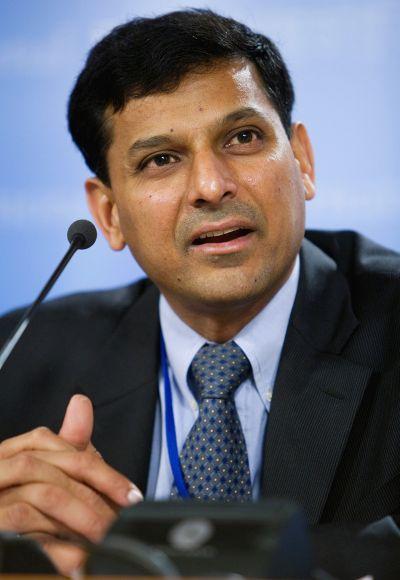
Mumbai: bullion comprehensive its slither on the bullion souk
here Wednesday and dropped below the Rs 28,000 per 10 grams level on continual
selling by stockists and poor trade demand in the environment of bearish universal
cues.
Silver also destabilized additional following heavy unwinding from speculators amid condensed manufacturing insist.
Normal gold (99.5 purity) dropped by Rs 235 to close at Rs 27,800 per 10 grams from Tuesday's level of Rs 28,035.
Pure bullion (99.9 purity) dipped by Rs 230 to end at Rs 27,950 per 10 grams from Rs 28,180 beforehand.
hoary (.999 fineness) drooping by Rs 555 to end at Rs 45,055 per kg as beside during the night close of Rs 45,610.
In New York, bullion prices upturned previous gains to close lower for a third meeting yesterday in the wake of dovish comments from Federal Reserve Chairwoman Janet Yellen.
Gold for August release slid to USD 1,297.10 an ounce (28gm) on the Comex separation of the NYMEX late yesterday, while gray slipped to USD 20.89 an ounce.
Silver also destabilized additional following heavy unwinding from speculators amid condensed manufacturing insist.
Normal gold (99.5 purity) dropped by Rs 235 to close at Rs 27,800 per 10 grams from Tuesday's level of Rs 28,035.
Pure bullion (99.9 purity) dipped by Rs 230 to end at Rs 27,950 per 10 grams from Rs 28,180 beforehand.
hoary (.999 fineness) drooping by Rs 555 to end at Rs 45,055 per kg as beside during the night close of Rs 45,610.
In New York, bullion prices upturned previous gains to close lower for a third meeting yesterday in the wake of dovish comments from Federal Reserve Chairwoman Janet Yellen.
Gold for August release slid to USD 1,297.10 an ounce (28gm) on the Comex separation of the NYMEX late yesterday, while gray slipped to USD 20.89 an ounce.







 New Delhi: Prime Minister Manmohan Singh on Wednesday left for
St.Petersburg to attend the eighth G20 Summit during which he is
expected to push for a coordinated plan to avoid disruption in India and
other large developing economies by imminent phasing out of fiscal
stimulus by US Federal Reserve.
New Delhi: Prime Minister Manmohan Singh on Wednesday left for
St.Petersburg to attend the eighth G20 Summit during which he is
expected to push for a coordinated plan to avoid disruption in India and
other large developing economies by imminent phasing out of fiscal
stimulus by US Federal Reserve.